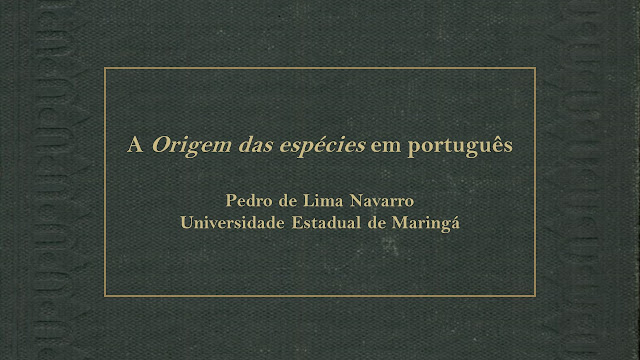Synthese 198 Moreno
Fernández Moreno, L. Reflection on natural kinds. Introduction to the special issue on natural kinds: language, science, and metaphysics. Synthese 198, 2853–2862 (2021). https://doi.org/10.1007/s11229-019-02325-3 [OA]
- In philosophy of language it is highly debated what the meaning of natural kind terms is, how their reference is determined, as well as whether there are differences and similarities between the semantics of natural kind terms and that of other sorts of kind terms. In philosophy of science, natural kinds are relevant because they are the basis for scientific classifications and play an explanatory role in scientific theories; thus one aim of science is to discover natural kinds and theorize about them. Natural kinds are also relevant in metaphysics, where many questions involving natural kinds are debated and especially those concerning the sort of entities we refer to when using natural kind terms, i.e., the ontological status of natural kinds; in this regard there are different views, such as conventionalism, realism and essentialism. Another metaphysical question is what it is that characterizes the naturalness of kind divisions. 1
- The background for contemporary discussions on natural kinds and natural kind terms is constituted by the theories of S. Kripke and H. Putnam put forward in the first half of the 1970s. These discussions also have more remote antecedents, especially the theories of Locke and Mill, although neither of these two authors used the expression “natural kind”. 2
- Locke’s view on natural kinds is a conventionalist one; our classification of objects into natural kinds is based on human convenience, not on the discovery of real essences. As such, his theory on the reference of natural kind terms is a (mentalist) descriptivist theory. 2
- Mill: “Every class which is a real Kind […] is distinguished from all other classes by an indeterminate multitude of properties not derivable from one another” 2
- Putnam (1975b), as well as Kripke (1980), maintained that the members of a natural kind possess certain intrinsic, ahistorical properties which constitute their essential properties and through which a natural kind is defined. Such properties are discoverable by scientific research, provide necessary and sufficient conditions for kind membership, and figure in laws. This view of natural kinds has been denominated the “traditional” conception of natural kinds, different from the traditional theory regarding natural kind terms in Putnam’s sense. Many of the kinds posited in ‘nontraditional’ approaches to natural kinds differ from ‘traditional’ ones in many or all of the features included in the Putnam/Kripke’s view on natural kinds just mentioned. One of the most significant non-traditional contemporary theories of natural kinds is Boyd’s, according to which many important natural kinds are homeostatic property clusters—for references see Boyd’s article in this volume. This conception is often abbreviated as the HPC view of natural kinds.3
- Apresenta os outros papers.

Comentários
Postar um comentário